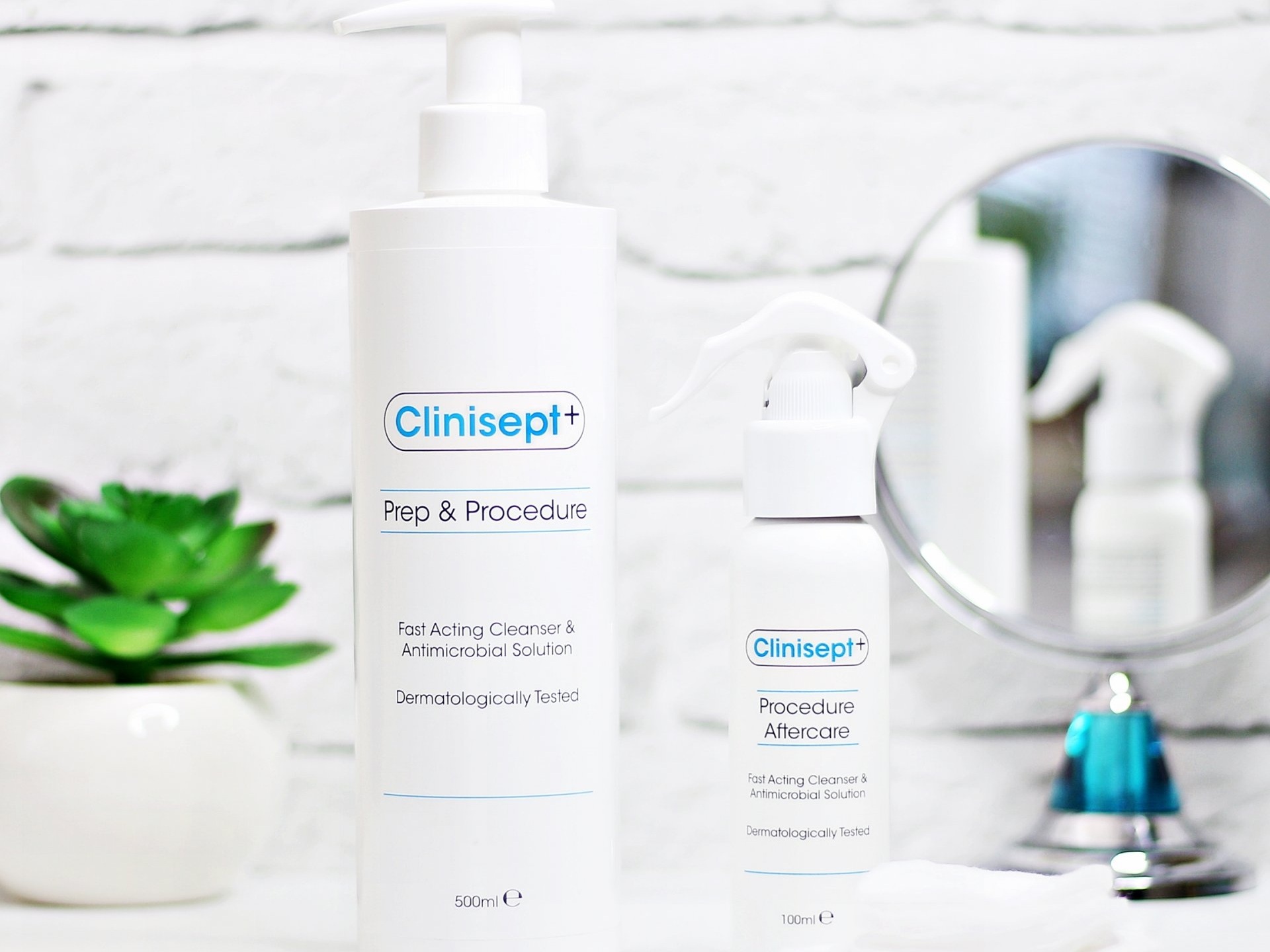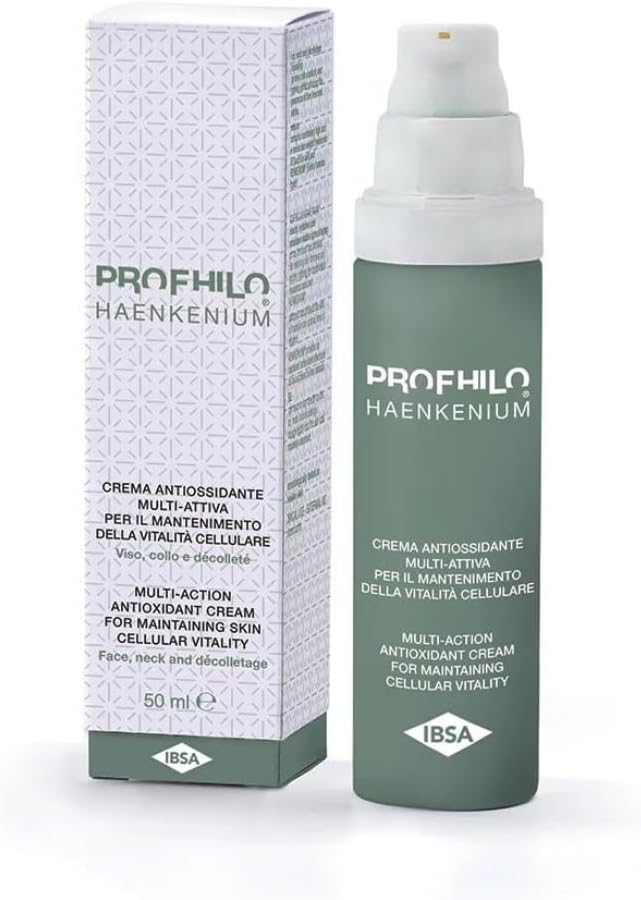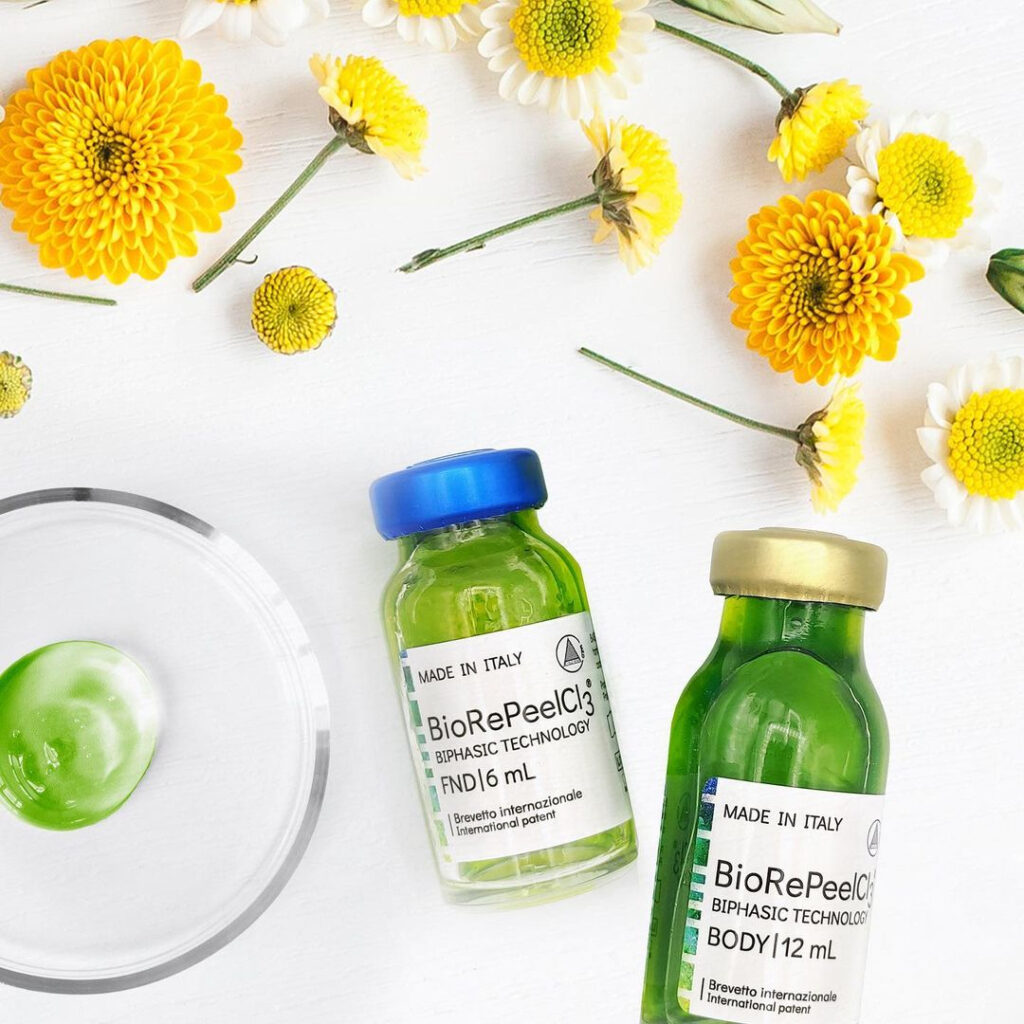
What Is Collagen and Why Is It So Important?
Collagen seems to be everywhere these days—skincare products, supplements, protein bars, and even beauty drinks. It’s the latest buzzword in health and wellness, but what exactly is collagen, and why is it considered so important for our bodies? From glowing skin to healthy joints, collagen plays a central role in many aspects of our health.
In this blog, we’ll break down what collagen is, the different types of collagen, its many benefits, and why maintaining healthy collagen levels is key to overall well-being.
What Is Collagen?
Collagen is the most abundant protein in the human body. It’s often referred to as the “building block” of the body because it provides structure, strength, and elasticity to many tissues, including skin, bones, muscles, tendons, and ligaments. Collagen works like a scaffolding system for the body, helping to hold everything together.
Scientifically speaking, collagen is a fibrous protein made up of amino acids, primarily glycine, proline, and hydroxyproline. These amino acids form a triple helix structure, making collagen incredibly strong and flexible. In fact, collagen fibers are known to be stronger than steel when compared by weight!
The Different Types of Collagen
There are at least 16 types of collagen found in the body, but the majority of it consists of Type I, II, and III, each serving different functions:
• Type I: The most abundant form of collagen, this type is found in skin, bones, tendons, and ligaments. It’s primarily responsible for giving the skin its firmness and helping wounds heal.
• Type II: This type is mostly found in cartilage, helping to cushion joints and absorb impact.
• Type III: Found alongside Type I, Type III collagen is commonly present in blood vessels and internal organs. It helps provide structural support to these tissues.
While the different types of collagen work in various parts of the body, they all play a crucial role in maintaining tissue integrity and function.
How Collagen Works in the Body
Collagen is produced naturally by cells known as fibroblasts and chondrocytes, which synthesize collagen in response to the body’s needs. Over time, though, the body’s natural production of collagen begins to decline, starting as early as your mid-20s. This reduction in collagen levels is one of the key reasons why we experience signs of aging such as wrinkles, joint pain, and reduced muscle mass.
As collagen breaks down and production slows, the structures it supports—like skin, cartilage, and connective tissues—become weaker and less elastic. That’s why many people turn to collagen supplements, skin treatments, or dietary changes to help replenish collagen levels and counteract these effects.
Why Is Collagen So Important?
Now that we know what collagen is and how it works, let’s talk about why it’s so important. Collagen doesn’t just affect how we look; it has an essential role in our overall health and well-being. Here are some of the key benefits of collagen:
1. Promotes Skin Elasticity and Reduces Wrinkles
One of the primary reasons collagen has gained so much popularity in the beauty industry is because of its anti-aging benefits. Collagen is responsible for giving skin its structure, firmness, and elasticity. When we’re young, our bodies produce ample collagen, which is why youthful skin looks smooth, plump, and wrinkle-free.
As collagen production declines with age, the skin loses its elasticity, leading to sagging and the development of fine lines and wrinkles. Supplementing with collagen—either through skincare products or ingesting collagen peptides—can help boost skin hydration, elasticity, and overall appearance. Some studies suggest that taking collagen supplements for several months can lead to a reduction in wrinkle depth and improved skin texture.
2. Supports Joint and Bone Health
Collagen plays a critical role in keeping our joints healthy and flexible. Cartilage, the tissue that cushions our joints, is largely made up of Type II collagen. As we age, the degradation of collagen in the cartilage can lead to joint pain, stiffness, and even conditions like osteoarthritis.
Taking collagen supplements may help support joint health by reducing inflammation and promoting the regeneration of cartilage. Some research has shown that collagen supplementation can alleviate joint pain and improve flexibility, especially in people with arthritis or those who lead active lifestyles.
Collagen is also vital for bone health. Bones are composed mostly of Type I collagen, which provides them with structure and strength. As collagen production decreases with age, bones can become weaker and more prone to fractures. Maintaining healthy collagen levels is essential for preserving bone density and overall skeletal health.
3. Strengthens Hair and Nails
Collagen is also important for the health of our hair and nails. Because it is a key component of connective tissue, collagen helps to fortify the structure of both hair and nails, making them stronger and less prone to breakage.
Many people who take collagen supplements report thicker, shinier hair and stronger, faster-growing nails after just a few months. While research is still emerging in this area, there’s a growing body of evidence to suggest that collagen can support hair growth and improve nail health.
4. Improves Gut Health
Another area where collagen plays a critical role is in gut health. The lining of the digestive tract is composed of collagen, which helps to maintain its integrity and function. Some research has suggested that collagen may help heal the gut lining, making it beneficial for individuals with leaky gut syndrome, inflammatory bowel disease (IBD), or other digestive issues.
Collagen’s amino acids, particularly glycine, have anti-inflammatory properties that can aid in soothing the digestive tract, promoting healthy gut function, and potentially improving symptoms associated with gut inflammation.
5. Boosts Muscle Mass and Recovery
Collagen is also essential for muscle repair and growth. While we often think of muscle tissue as being primarily composed of proteins like actin and myosin, collagen plays a vital supporting role in muscle structure. About 10% of muscle tissue is made up of collagen, which helps maintain muscle function and strength.
Collagen supplements can be beneficial for individuals looking to increase muscle mass, especially as they age and experience the natural loss of muscle tissue. Additionally, collagen can aid in muscle recovery after exercise by helping repair damaged tissues and reducing inflammation.
Sources of Collagen
Now that we know why collagen is so important, let’s talk about how to boost your collagen levels. There are several ways to naturally increase collagen production or supplement it through diet, skincare, or oral supplements.
1. Collagen-Rich Foods
You can increase your collagen intake by eating foods rich in this protein. Some natural sources of collagen include:
• Bone broth: Made by simmering bones and connective tissue, bone broth is an excellent source of collagen.
• Fish: The skin, bones, and cartilage of fish contain high levels of collagen.
• Eggs: Egg whites are rich in proline, an amino acid essential for collagen production.
• Chicken: Often used in collagen supplements, chicken contains high amounts of connective tissue that is packed with collagen.
• Leafy greens: While not a direct source of collagen, leafy greens like spinach and kale contain vitamin C, which helps stimulate collagen production in the body.
2. Collagen Supplements
Collagen supplements, usually in the form of collagen peptides or hydrolyzed collagen, are another popular way to boost collagen levels. These supplements are broken down into smaller peptides that are easily absorbed by the body. Many people take collagen supplements to support their skin, joints, and muscles.
There are different types of collagen supplements available, and they often target specific concerns. For example, marine collagen (derived from fish) is popular for improving skin health, while bovine collagen (derived from cows) is known to support joint and bone health.
3. Skincare Products
Many skincare products now feature collagen as a key ingredient. While collagen molecules are too large to penetrate the skin deeply, some products contain smaller collagen peptides that can help hydrate and firm the skin’s surface. Products with retinol or vitamin C can also stimulate the skin’s natural collagen production, making them effective for anti-aging purposes.
How to Protect Your Collagen
Since collagen production decreases with age, it’s important to take steps to preserve and protect your natural collagen. Here are some tips to help you maintain healthy collagen levels:
• Avoid excessive sun exposure: UV rays from the sun can damage collagen fibers and speed up the aging process. Always wear sunscreen to protect your skin from UV damage.
• Quit smoking: Smoking reduces the body’s ability to produce collagen and accelerates skin aging.
• Eat a balanced diet: Foods rich in vitamin C, zinc, and antioxidants can support collagen production. Citrus fruits, berries, nuts, and leafy greens are excellent choices.
• Stay hydrated: Drinking plenty of water is essential for maintaining skin elasticity and overall health, which indirectly supports collagen function.
Conclusion: The Power of Collagen in Your Health
Collagen is more than just a trendy buzzword; it’s a critical component of your body’s health and well-being. From maintaining skin elasticity to supporting joint and bone health, collagen plays a role in nearly every aspect of your physical well-being. As we age, our natural collagen levels decline, but through diet, supplements, and healthy lifestyle choices, we can continue to support our body’s collagen needs.
Whether you’re looking to improve your skin, strengthen your joints, or enhance your gut health, collagen is an essential factor
At Private Pharma we have a huge range of products which help improve collagen like Dermal Fillers, Profhilo and Polynucleotides






